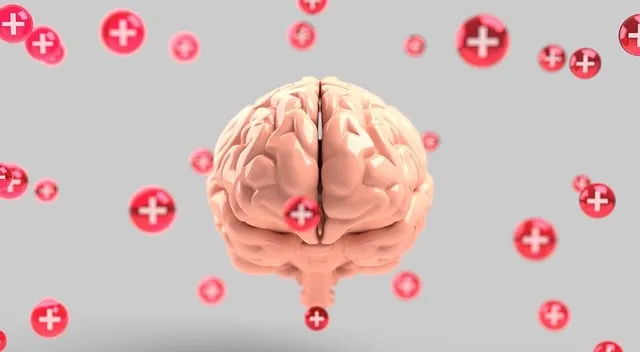Broomfield Kaiser Permanente prioritizes social skills training as a key component of its comprehensive mental health services, recognizing the strong link between social interactions and overall well-being. Through evidence-based practices like cognitive behavioral therapy, interactive workshops, and role-playing, patients gain practical coping strategies for emotional intelligence and stress management. This approach not only improves mental health outcomes but also supports healthcare providers in navigating burnout, creating a beneficial network for both patients and providers within the community.
Social skills training is a powerful tool in managing mental health conditions. This comprehensive guide explores the critical connection between social interactions and well-being, highlighting the support provided by institutions like Broomfield Kaiser Permanente. We delve into effective strategies for integrating social skills training into mental health care, offering hope and improved quality of life for those navigating their journey with Broomfield Kaiser Permanente mental health services.
- Understanding the Link Between Social Skills and Mental Health
- The Role of Broomfield Kaiser Permanente in Mental Health Support
- Effective Strategies for Social Skills Training in Mental Health Care
Understanding the Link Between Social Skills and Mental Health

Social skills training is crucial when addressing mental health conditions, as there’s a significant connection between social interactions and overall well-being. Broomfield Kaiser Permanente mental health services often emphasize this relationship, recognizing that effective communication and social engagement can be powerful tools in managing and improving mental health outcomes. The link between social skills and mental health is intricate; individuals with stronger social connections tend to experience better emotional resilience, lower stress levels, and improved coping mechanisms.
This connection is particularly relevant for healthcare providers who often deal with burnout. Incorporating coping skills development and self-esteem improvement techniques into their training can help medical professionals navigate challenging situations more effectively. By fostering a supportive network and implementing burnout prevention strategies, Broomfield Kaiser Permanente strives to ensure that both patients and healthcare providers benefit from enhanced social interactions, ultimately contributing to better mental health outcomes in the community.
The Role of Broomfield Kaiser Permanente in Mental Health Support

Broomfield Kaiser Permanente stands as a beacon of hope and comprehensive mental health support for individuals navigating challenging conditions. This healthcare organization recognizes the profound impact of social skills training on recovery and well-being, making it a cornerstone of their approach to treating mental health concerns. By integrating evidence-based practices, they empower patients with the tools needed to build inner strength and foster meaningful connections.
Through dedicated programs and initiatives, Broomfield Kaiser Permanente addresses various aspects of mental wellness, from risk assessment for mental health professionals to promoting positive thinking as a proactive measure. Their commitment extends to creating an environment that encourages open dialogue, fosters resilience, and ultimately enables individuals to thrive in their personal and social interactions, reflecting a holistic understanding of mental health care.
Effective Strategies for Social Skills Training in Mental Health Care

Social Skills Training plays a pivotal role in enhancing mental health care, especially for individuals navigating conditions that can impact their social interactions. At Broomfield Kaiser Permanente mental health services, professionals employ diverse strategies to foster effective communication and relationship-building. These methods cater to each individual’s unique needs, focusing on improving emotional intelligence, a key component of successful social engagement.
The training incorporates interactive workshops, cognitive behavioral therapy techniques, and role-playing scenarios to teach practical coping strategies for managing moods and reducing stress. By mastering these skills, patients gain confidence in their ability to navigate social situations, leading to improved overall well-being. Incorporating evidence-based stress reduction methods alongside emotional intelligence development has proven effective in empowering individuals to take control of their mental health in a supportive environment, such as that provided by Broomfield Kaiser Permanente.
Social skills training is a powerful tool in enhancing mental well-being, especially when supported by institutions like Broomfield Kaiser Permanente. By understanding the intricate link between social abilities and mental health, healthcare providers can implement effective strategies that foster connections and improve outcomes for individuals navigating various conditions. This holistic approach, as demonstrated by Broomfield Kaiser Permanente’s initiatives, ensures that mental health care addresses not just symptoms but also the social fabric that underpins a fulfilling life.

